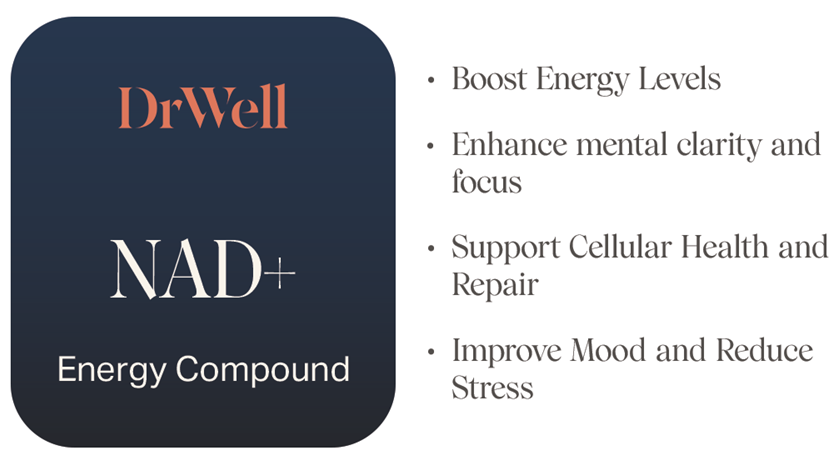There’s a lot that goes into running a successful practice. A strong marketing strategy is just one element. One crucial building block of a well-rounded marketing program is the podcast. For medical practices, a value-packed podcast is a perfect forum for educating patients, keeping them current on new research and trends, and revealing the human side of the physician.
In the beginning, when podcasts were first gaining popularity, most doctors wanted to be guests on them to tout their skillset, education, and perhaps famous clientele. Still, few had a regular series. Fast forward to today, and doctor-led podcasts cover every genre of medicine and business life.
We spoke with two surgeons with podcasts for the ins, outs and benefits of implementing one into your practice.
A Passion Project or More?
 For some plastic surgeons like Dr. Jason Hall (his podcast is The Trillium Show with Dr. Jason Hall, produced by HumblePod), a podcast begins as a passion project that benefits patients and the practice, with the doctor having the advantage of running the show however he likes. “I can talk about what I want, when I want, how I want, and in whatever tone I feel is appropriate. The unique thing about podcasts is that two people can talk about the same subject, and the shows will be different based on the podcaster’s personality and goals,” he explains.
For some plastic surgeons like Dr. Jason Hall (his podcast is The Trillium Show with Dr. Jason Hall, produced by HumblePod), a podcast begins as a passion project that benefits patients and the practice, with the doctor having the advantage of running the show however he likes. “I can talk about what I want, when I want, how I want, and in whatever tone I feel is appropriate. The unique thing about podcasts is that two people can talk about the same subject, and the shows will be different based on the podcaster’s personality and goals,” he explains.
Dr. Daria Hamrah hosts the Daria Hamrah podcast, which isn’t your typical straight-up surgery or medicine podcast. While each doctor’s podcast is unique—Hamrah’s is super conversational, like two friends chatting and listening in on each other’s stories and experiences; Hall’s reflects the tone of his personality in his practice, which he calls smart, entertaining, humorous, and down-to-earth—both see the advantages of hosting a podcast. “It’s a great tool to communicate to and with patients and prospects about surgical and nonsurgical topics that interest them,” Dr. Hall says.
The Return on Investment
 Running a podcast is hard work. It requires discovering that unique voice, a steady stream of exciting and valuable guests to interview, and lots of time to record, edit, and promote. So, is starting a podcast worth it? Dr. Hamrah says yes. “It’s been beneficial in my practice. I learn a lot from interviewing these amazing personalities, and anything I learn, like different viewpoints, for example, I apply immediately,” he explains. Dr. Hamrah adds that learning from someone in a similar business or profession, or even something completely different, allows you to apply those learnings to your practice and personal life. And that, in turn, can translate into success on many levels, especially professionally and personally.
Running a podcast is hard work. It requires discovering that unique voice, a steady stream of exciting and valuable guests to interview, and lots of time to record, edit, and promote. So, is starting a podcast worth it? Dr. Hamrah says yes. “It’s been beneficial in my practice. I learn a lot from interviewing these amazing personalities, and anything I learn, like different viewpoints, for example, I apply immediately,” he explains. Dr. Hamrah adds that learning from someone in a similar business or profession, or even something completely different, allows you to apply those learnings to your practice and personal life. And that, in turn, can translate into success on many levels, especially professionally and personally.
In terms of a podcast’s direct impact on a doctor’s practice, that’s a little harder to quantify. “Podcast analytics are tough to measure, and I don’t think my podcast has increased patient leads much. But it has helped patients learn more about the procedures they’re interested in and come to the office better informed before their consultation,” Dr. Hall says. When it comes to increasing or growing a medical business, a multitude of things contribute to that, and, according to Dr. Hamrah, a podcast is one of them.
Dishing Out the Details
You would think a plastic surgeon would only want to spearhead a podcast strictly about plastic surgery, right? Not necessarily. After all, doctors are people too, and just like their patients, they want to provide meaningful conversations to listeners that can humanize the industry. But, of course, educating the public on plastic surgery and issues dealing with patient safety are certainly top of mind for consumers.
There’s a lot of storytelling on various levels that also takes place. “I love hearing and listening to other people’s stories because there’s always a nugget of valuable information that gives you more perspective than before. When dialing into someone else’s experiences or hearing about something that you’re stuck on and how someone else overcame that same obstacle through their actions, decisions, and success, leave clues. Those clues help us to teach and learn,” Dr. Hamrah says. Dr. Hall agrees and says the interviews are fun “because I learn from people from different backgrounds and specialties, and I pass this knowledge to my patients. It’s also exciting to record and document good information for future and current patients to listen to.” Both doctors interview a wide array of guests, including plastic surgeons, patients, business owners, and even wellness gurus.
Beyond the storytelling aspect, Dr. Hamrah says there are plenty of insider conversations that occur naturally during a podcast that patients say they didn’t know much about. “They find it interesting to discover how much is involved in a procedure. That’s why education is important. An educated patient can make an easier decision than an uneducated one.” And if a podcast can help demystify or destigmatize something that is unclear or controversial about a procedure, then it’s achieving its goal.
Written by Elise Minton Tabin
Click here for pricing from a provider near you!




